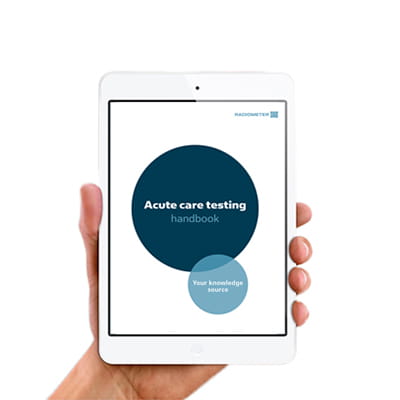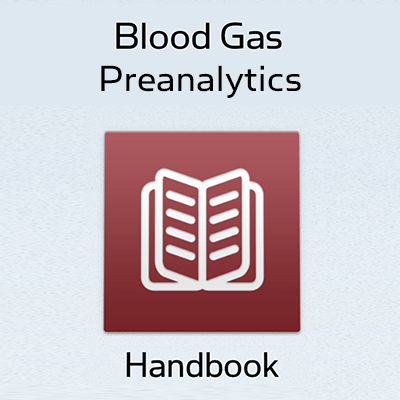Printed from acutecaretesting.org
October 2010
Aspirin overdose - a case history
Summarized from Minns A, Cantrell F, Clark R. Death due to acute salicylate intoxication despite dialysis. J Emerg Med 2010 (online ahead of publication- doi:10.1016/j.jemermed.2010.02.015)
Many drugs, when taken in overdose, can deleteriously affect acid-base balance, leading to abnormal arterial blood gas (ABG) results. Aspirin is one such, and perhaps because of its easy availability, one of the most common of all drugs to be taken in overdose. Salicylate (aspirin) poisoning thus represents the most common of drug-related acid-base disturbances.
A recently published paper describes an unusually severe case of salicylate poisoning that reminds us that aspirin overdose can, unfortunately but rarely, have a fatal outcome. The case concerns a 35-year-old male who was admitted emergently to hospital 7 hours after taking 400 regular-strength (325 mg) aspirins.
On admission he had increased respiratory (30 breaths/minute) and heart (120 beats/minute) rates. He was sweating profusely but was afebrile at this time. Laboratory analysis revealed blood salicylate concentration of 89.6 mg/dL (869 mg/L) and ABG results confirmed respiratory alkalosis [pH 7.48, pCO2 22 mmHg (2.9 kPa)], typical of early salicylate poisoning.
Despite administration of oral-activated charcoal, salicylate level 2 hours later was slightly higher, 91.6 mg/dL (916 mg/L). The patient’s mental state deteriorated - he became "increasingly agitated and combative" and it was decided to initiate hemodialysis for 4 hours.
This proved ineffective in reducing plasma salicylate, which remained very high (85.8 mg/dL) 2 hours after dialysis. Evidence of evolving renal failure (plasma creatinine 3.9 mg/dL) and persistently high salicylate 22 hours after admission, prompted a second 4-hour period of hemodialysis, but the patient’s condition continued to deteriorate and he died 40 hours after the overdose. In discussion of the case history the authors highlight many aspects of salicylate poisoning and its treatment.
May contain information that is not supported by performance and intended use claims of Radiometer's products. See also Legal info.
Acute care testing handbook
Get the acute care testing handbook
Your practical guide to critical parameters in acute care testing.
Download nowRelated webinar
Evolution of blood gas testing Part 1
Presented by Ellis Jacobs, PhD, Assoc. Professor of Pathology, NYU School of Medicine.
Watch the webinar








